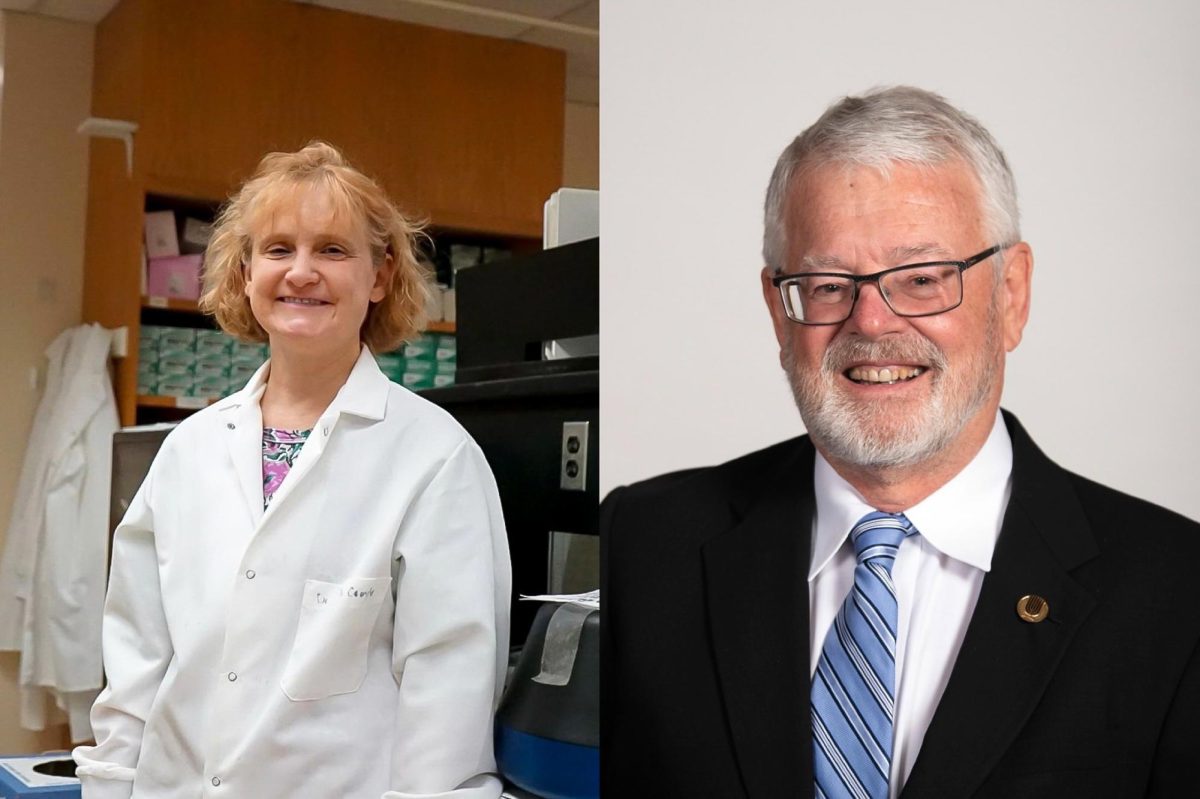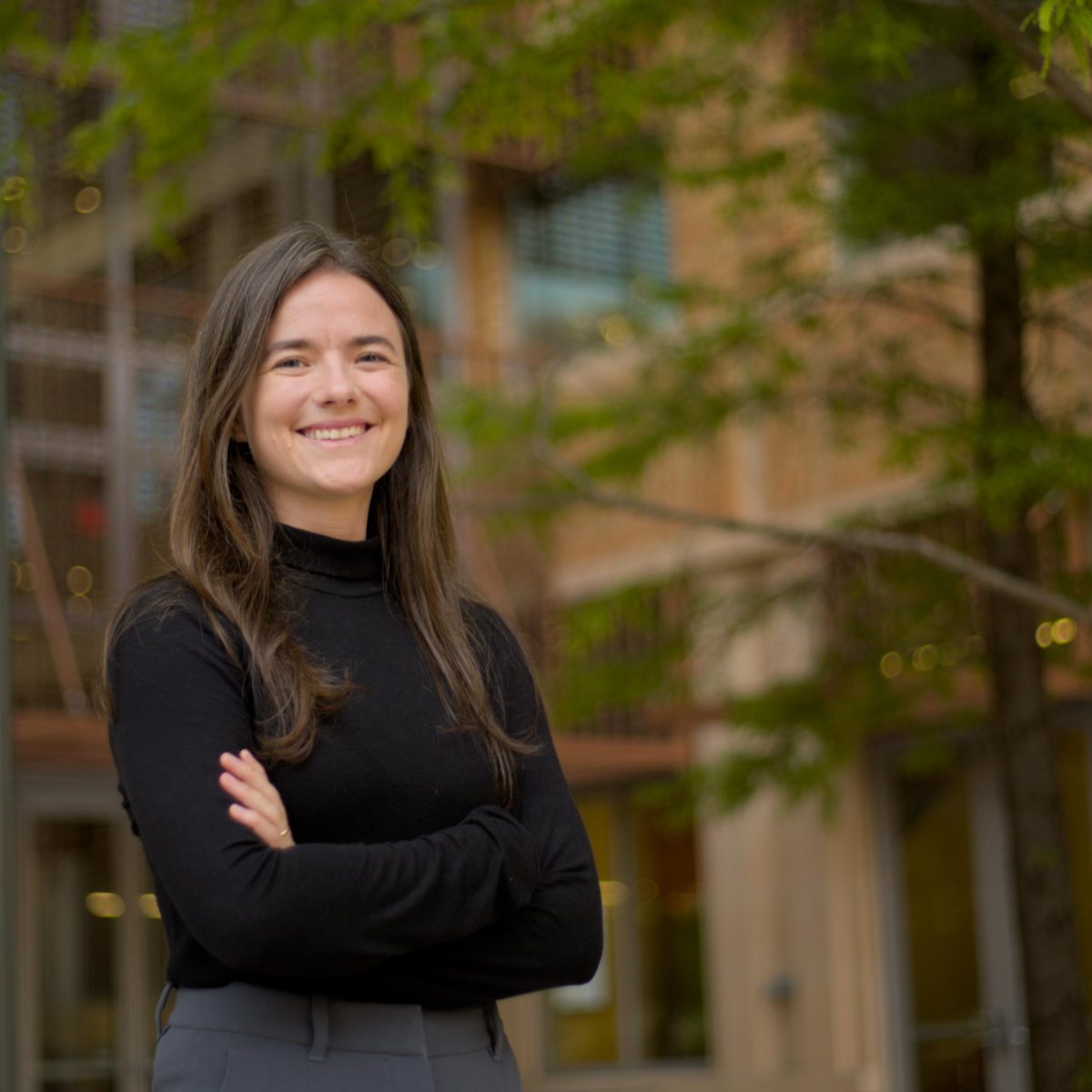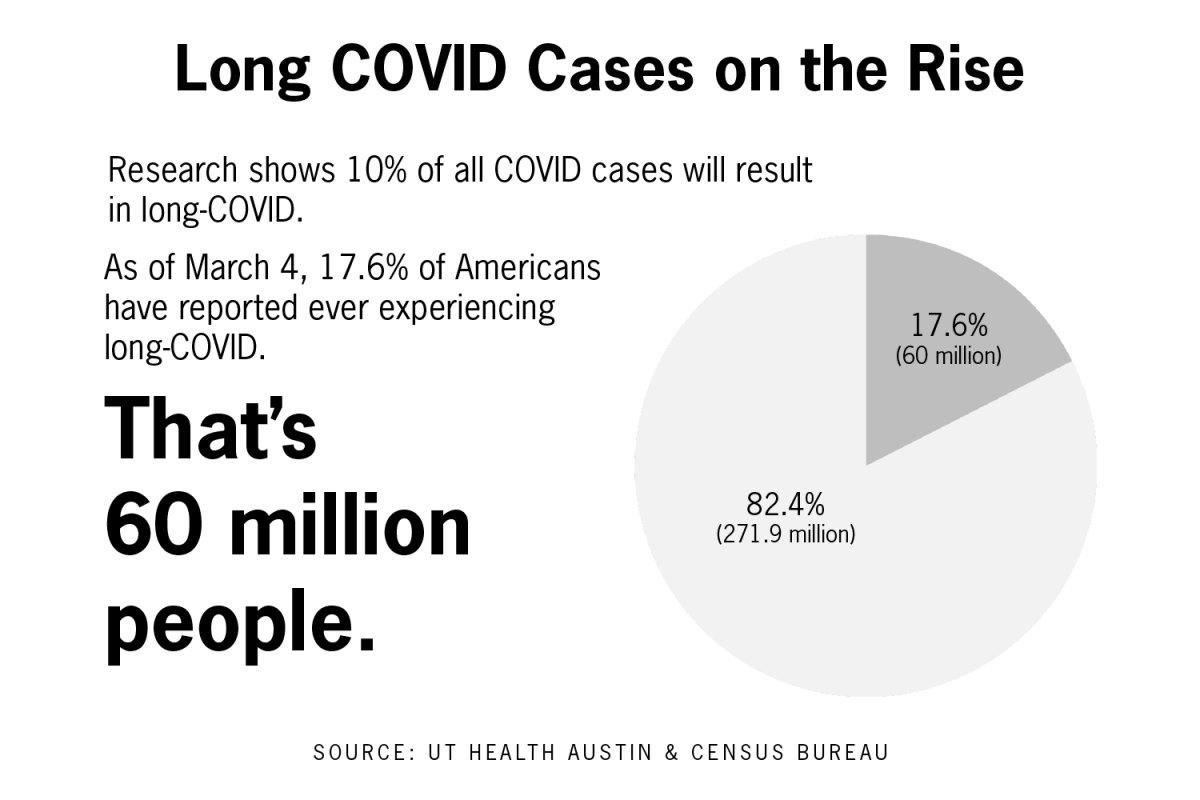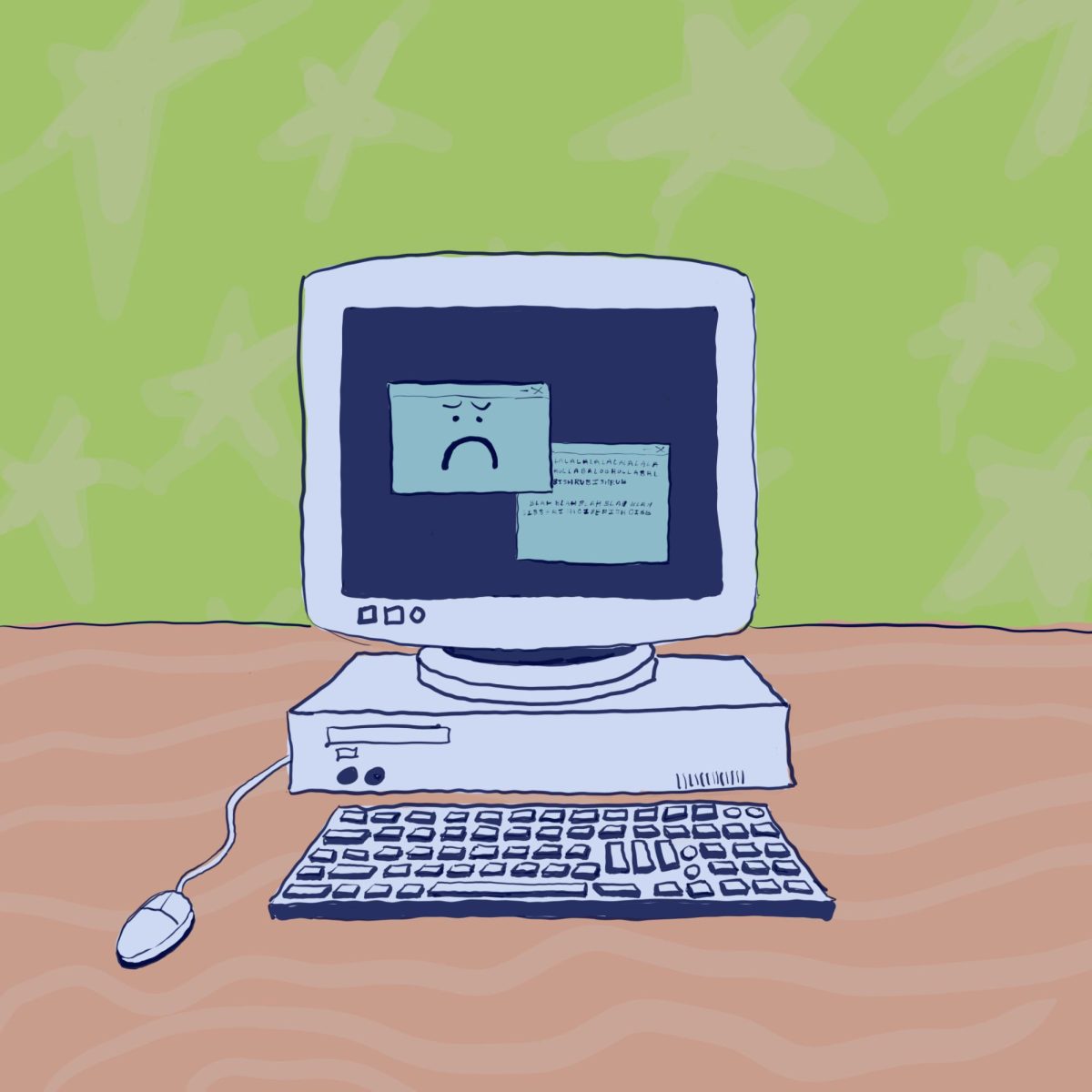Two UT professors received $500,000 in funding through the inaugural Hill Prize for their research and advancements in the scientific field, the University announced on Feb. 5.
Lydia Hill Philanthropies and the Texas Academy of Medicine, Engineering, Science & Technology awarded the prize to Maria Croyle, a professor of molecular pharmaceutics and drug delivery in the College of Pharmacy, and Allan MacDonald, a professor of physics in the College of Natural Sciences.
Croyle won the Hill Prize for “demonstrating innovative techniques that will allow vaccines and biological drugs to be transported without the need for temperature control,” the Lydia Hill Foundation said on their website.
Croyle’s research began in 2007 when she obtained a grant to develop an Ebola vaccine that was both needleless and did not require temperature control. To do this, Croyle and her team created dissolvable, digestible films.
“The idea is that you would just put the film in your mouth, you wouldn’t eat it, you would just let it dissolve into your cheek where you have all these immune cells and all these things in your body that would react to it and give you that immunity,” said Madison Davis, a Ph.D. of pharmaceutical sciences candidate working on Croyle’s research team.
With the awarded funds, the researchers hope to build a machine that would allow them to manufacture a vaccine with the films before progressing to animal testing and clinical trials.
MacDonald and his co-principal investigator Emanuel Tutuc won for their proposed theory of a new energy storage device.
“Emanuel and I have been talking about this idea on and on for several years,” MacDonald said.
The idea is for a storage device to be developed with two-dimensional crystals that possess exotic properties, said Tutuc, a professor of electrical engineering in the Cockrell School of Engineering. One of these qualities is called negative quantum capacitance.
“Picture that you go to the water fountain and you’re trying to basically fill up a water bottle, and the more water you pour in the bottle, the fuller it gets,” Tutuc said. “Well, the negative quantum capacitance is something opposite of that — the more water you put in the bottle, the emptier it gets.”
Stacking the two-dimensional crystal can theoretically create an energy storage device through an assembly of different atomic layers that normally don’t exist in nature, Tutuc said.
MacDonald and Tutuc said they are experimenting to see which combination of these crystals can store the greatest energy, and plan to develop their theory into practical application.
“Emanuel and I are really thrilled to have this research supported by a private foundation,” MacDonald said. “It’s really great that they’re supporting basic science here in Texas.”















